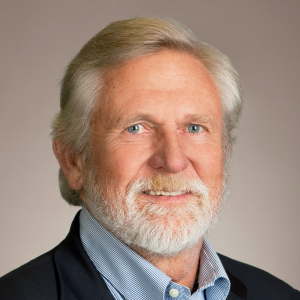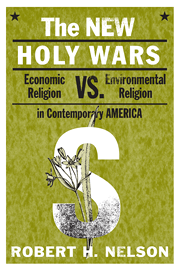Obama’s opposition to drilling in an Alaskan refuge is not supported by the facts.
---------
President Barack Obama recently offered some concessions designed to improve the prospects for an energy bill this year. Notable for its absence was opening up Alaska’s Arctic National Wildlife Refuge (ANWR) for oil and gas development.
This is no surprise. ANWR has become a sacred symbol for the environmental movement, and any Obama overture to develop the refuge would have enraged many core environmental supporters. Yet, if Mr. Obama wants to demonstrate real commitment to “common sense” policies, ANWR is a leading opportunity.
The case is not complicated. The U.S. Geological Survey estimates that ANWR has a likely 10.4 billion barrels of oil. At current prices, that amounts to about $800 billion in oil revenue. After production and transportation costs are accounted for, the net ANWR oil “profit” would likely exceed $500 billion.
This net revenue would be divided in some fashion among oil companies, the state of Alaska and the federal government. A reasonable estimate is that the federal share would exceed $250 billion.
The potential economic gains represented by ANWR dwarf the costs resulting from environmental impacts. In 2003, for instance, a National Academy of Sciences study on the environmental consequences of oil development on the North Slope of Alaska found that in the Prudhoe Bay area, past oil development “had not resulted in large or long-term declines in the size of the Central Arctic Herd” of caribou. Some animal species—including the caribou—actually increased in numbers and benefited from “the ready availability of new sources of food from people in the oil fields.”
But ANWR is important to the environmental movement in another sense—as a powerful religious symbol. For environmentalists, ANWR has come to represent the preservation of a “last remaining wild place” on earth, a remnant of Eden.
This image is powerfully appealing to many Americans. Throughout Christianity’s long history, the faithful have seen the natural world as a product of the handiwork of God at the creation. Christians can learn best about the mind of God, they have believed, by experiencing nature exactly as God designed it.
As John Calvin said, “the knowledge of God [is] sown in their minds out of the wonderful workmanship of nature.”
American theologian Jonathan Edwards wrote similarly that encounters with nature “will tend to convey instruction to our minds, and to impress things on the mind and to affect the mind, that we may, as it were, have God speaking to us.”
Environmentalists today usually leave out any explicit references to God, but otherwise the message is little altered. They speak of experiencing powerful spiritual feelings in the presence of wild nature. They can more clearly see the humble place of human beings in a large and wonderful universe.
If ANWR were really a last remaining Eden, the arguments for preserving it would be compelling. Yet the ANWR of the environmental imagination is more a Disneyland creation than a true remaining product of God’s actions at the time of the creation.
For one thing, the Earth is 4 billion years old and has experienced countless geological and biological upheavals over time.
In truth, every place on earth has already been altered by past human actions. Even before the arrival of Europeans, Native Americans hunted widely, set fires, harvested food and otherwise altered nature for their own purposes. More recently, global climate change has been affecting the ANWR ecology, and more is sure to come.
It is one thing to sacrifice hundreds of billions of dollars for a divine purpose. It is another thing to make this sacrifice for a Hollywood fiction.
Environmental groups have raised many millions of dollars, and enlisted thousands of supporters, by appealing to the powerful imagery of protecting ANWR and other remaining parts of “original nature.” Many environmentalists may in fact believe their own words. The price for the rest of us, however, is too large. America can no longer afford the enormous public expenses required to sustain the cherished illusions of the environmental faithful.












